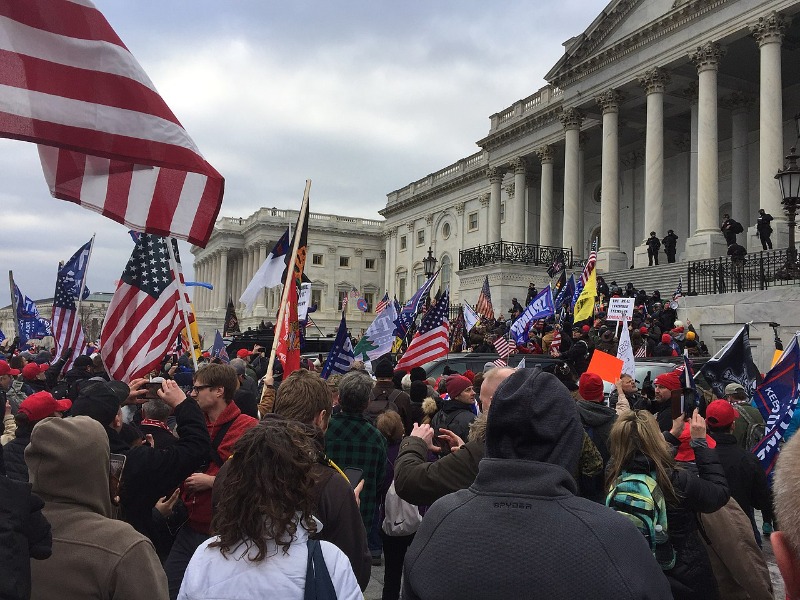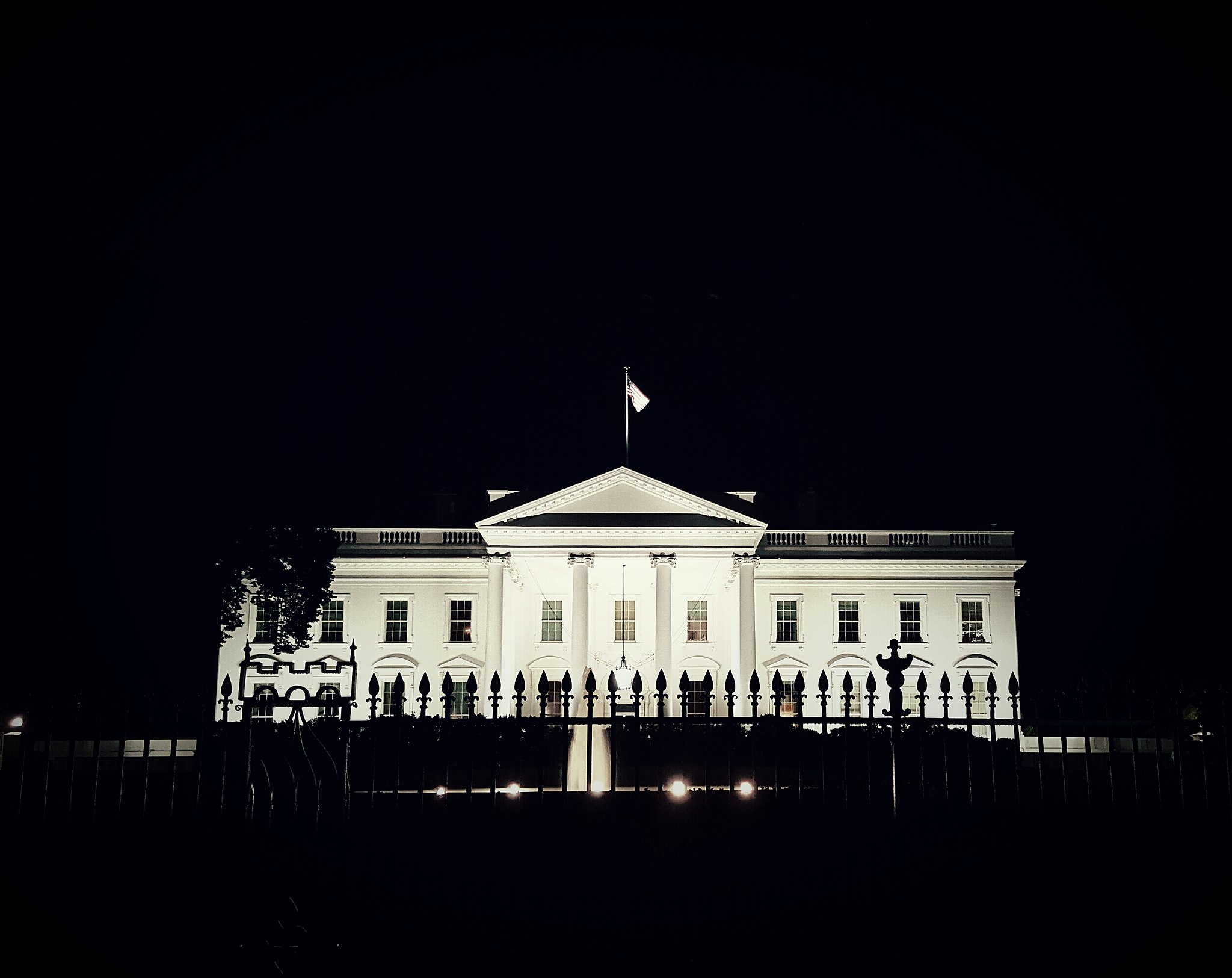The Chess Clock Debates: Is There a Duty to Serve In Trump’s America?
We don’t normally post episodes of the Chess Clock Debates to Lawfare, as the show is not normally oriented towards national security issues.
Published by The Lawfare Institute
in Cooperation With

We don’t normally post episodes of the Chess Clock Debates to Lawfare, as the show is not normally oriented towards national security issues. But Benjamin Wittes asked me to post on this particular episode, because it bears directly on a subject that readers of this site have been considering of late: the moral and intellectual ramifications of a Trump presidency for civil servants, people considering political appointments, and young people considering careers in government.
The Chess Clock Debates podcast brings together two guests to discuss an area of mutual disagreement. On the Chess Clock Debates there is no moderator, there is only a chess clock sitting between the two participants.
In this episode, Middle East expert Dan Byman and national security legal philosopher David Luban debate whether there is a duty to serve in Trump’s America.
Dan Byman is a senior fellow in the Center for Middle East Policy at the Brookings Institution as well as a professor in the Security Studies Program at Georgetown’s School of Foreign Service and foreign policy editor at Lawfare. Following conversations with students concerned by the prospect of pursuing government careers when so much about a Trump presidency provokes fear and uncertainty, Byman wrote a piece in Slate arguing that reasonable, seasoned experts and especially aspiring young professionals should not shy away from government work in a Trump administration.
David Luban, a Professor in Law and Philosophy at Georgetown University and a regular contributor to the national security blog Just Security recently wrote “The Case Against Serving.” Luban wonders whether a government employee serving in a Trump administration can sustain a “sense of outrage” when “the abnormal becomes routine.” He writes that in an administration without a commitment to the rule of law, “you are deluding yourself to think you can turn the train, or even slow it down.”
During the debate, Luban argued it will prove extremely difficult for a civil servant to reasonably serve as an apolitical expert given what we know about the white nationalist orientation of the Trump campaign and his first administrative appointments. Luban questioned whether it is even possible for civil servants to enter the administration as oppositional figures without eventually compromising their moral compasses. Byman, on the other hand, emphasized that having moral, serious individuals serving in a Trump administration will ensure that the bureaucracy will not be made up of individuals indifferent to Trump’s rhetoric of fear and his illiberal proposals. If such individuals serve over the coming four years, it will also guarantee that future presidential administrations will have a skilled civil service from which to draw.




